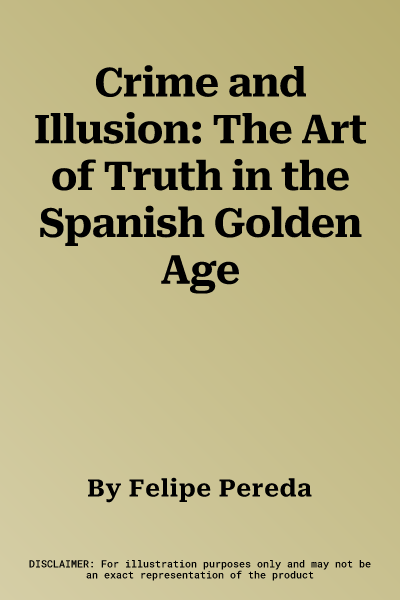Felipe Pereda
(Author)Crime and Illusion: The Art of Truth in the Spanish Golden AgeHardcover, 9 January 2019

Qty
1
Turbo
Ships in 2 - 3 days
In Stock
Free Delivery
Cash on Delivery
15 Days
Free Returns
Secure Checkout

Print Length
336 pages
Language
English
Publisher
Harvey Miller
Date Published
9 Jan 2019
ISBN-10
1912554097
ISBN-13
9781912554096
Description
Product Details
Author:
Book Format:
Hardcover
Country of Origin:
GB
Date Published:
9 January 2019
ISBN-10:
1912554097
ISBN-13:
9781912554096
Language:
English
Location:
Turnhout
Pages:
336
Publisher:
Weight:
666.78 gm